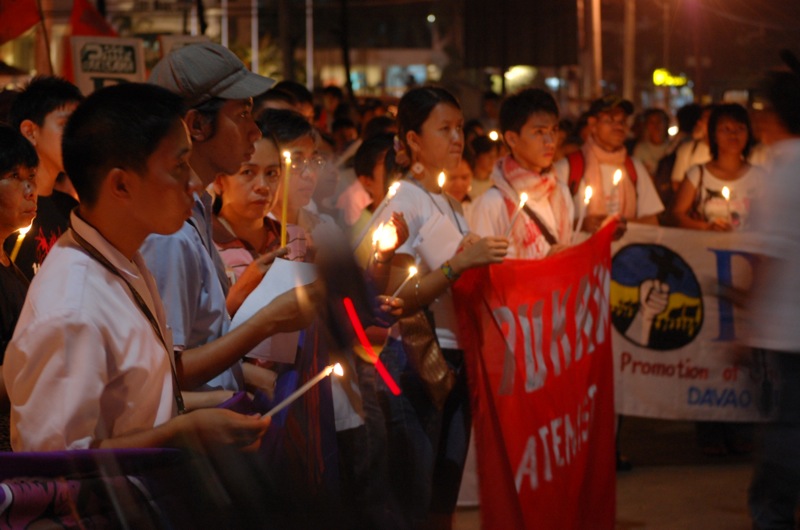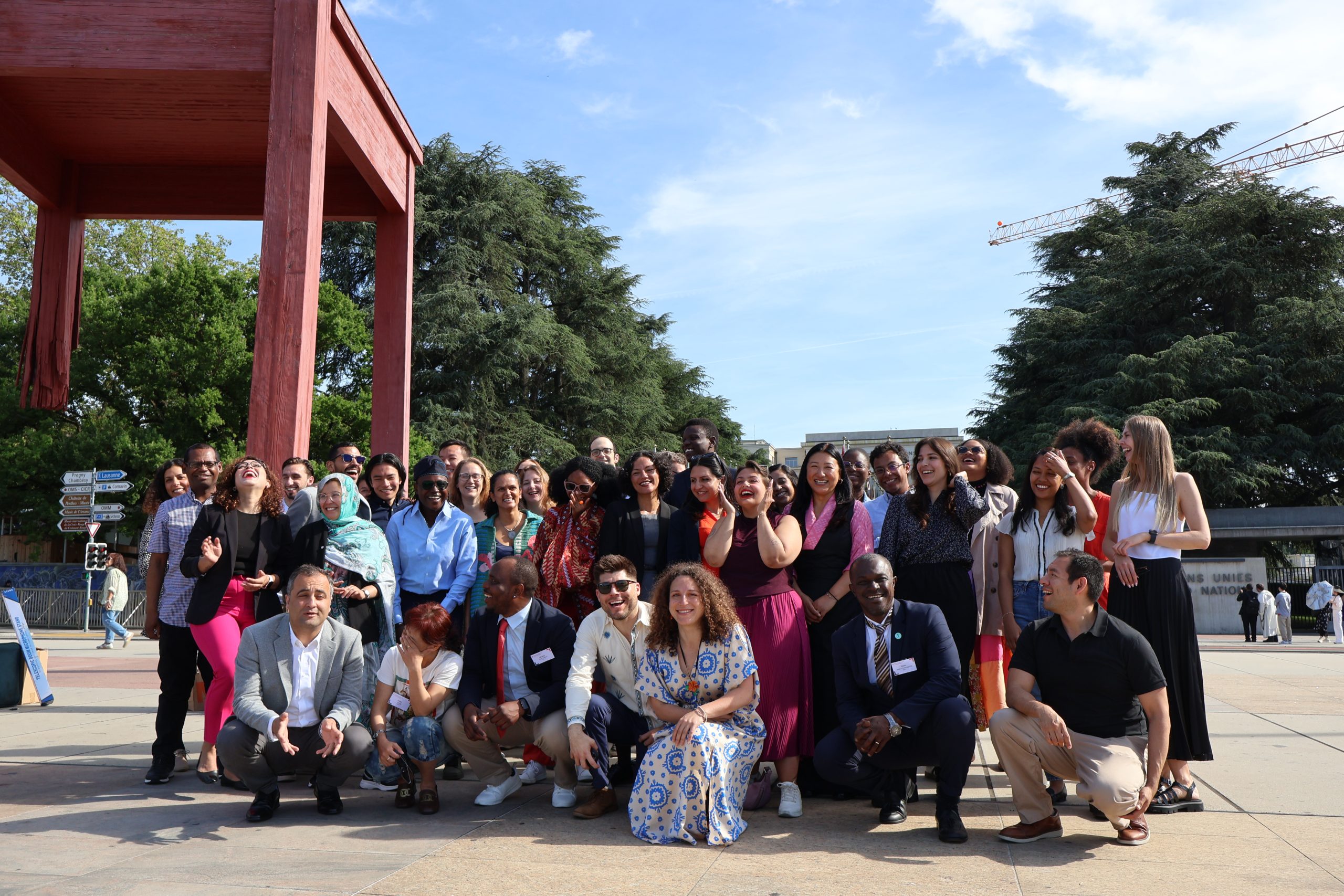The Philippines is one of the most dangerous countries for human rights defenders. They persevere under harsh conditions, fighting against repression and corruption to make a better society for all. They continue their work so the most vulnerable are protected and their voices are heard.
On 8 May ISHR – along with CIVICUS, Frontline Defenders, FORUM Asia, FIDH, and the World Organisation Against Torture– released a joint statement denouncing recent death threats addressed to Karapatan Secretary General, Cristina Palabay, and urging the Philippine Government to respond to the threats against human rights defenders by taking genuine and effective measures for their protection.
‘These threats and wider attacks against human rights defenders, journalists and civil society signify the further constricting of civic space and silencing of dissent in the country,’ say the organisations.
The statement urged the international community to call for restrictive policies to be reversed. It also urged the UN Human Rights Council to advance accountability for human rights violations by adopting a resolution establishing an independent international investigation into extrajudicial killings in the government’s ‘war on drugs’, and to call for a halt to the attacks on human rights defenders, independent media, and democratic institutions.
This follows a recent statement by organisations within the country. On 16 April 2019, a group of human rights organisations in the Philippines – including Karapatan, Rural Missionaries of the Philippines, Ibon Foundation, alternative learning centers for indigenous children – released a statement seeking support from the Government to halt the series of vilification and smear campaigns against human rights defenders and organisations.
The latest smear campaign has been led by the ‘National Task Force’ (NTF) that was created by President Duterte by Executive Order No. 70 on 4 December 2018 to ‘end local communist armed conflict.’
In meetings with the UN and other high-level government officials and agencies, the NTF has maligned human rights organisations, calling them ‘terrorists’ or ‘fronts for the Communist Party of the Philippines’, accused them of presenting ‘false narratives’ and ‘trying to destroy [the] government’. It has also called on States to ‘stop the release of funds to these groups,’ and states that ‘correct information on human rights in the Philippines could only come from the government.’
These smear campaigns ‘have resulted in the killings of human rights defenders, criminalisation of their work and beliefs, illegal arrests and detention, torture and other violations of the people’s right to uphold and defend rights, to form organisations and to conduct human rights work,’ according to the statement from national NGOs.
Human rights defenders in the Philippines are a light against a repressive regime. Without them, countless stories from vulnerable populations might not be heard or have their rights protected. The international community must call for an end to these harmful campaigns against human rights defenders.
For more information contact: Sarah Brooks, [email protected] or Tess McEvoy, [email protected]
Photo: Le Montage




